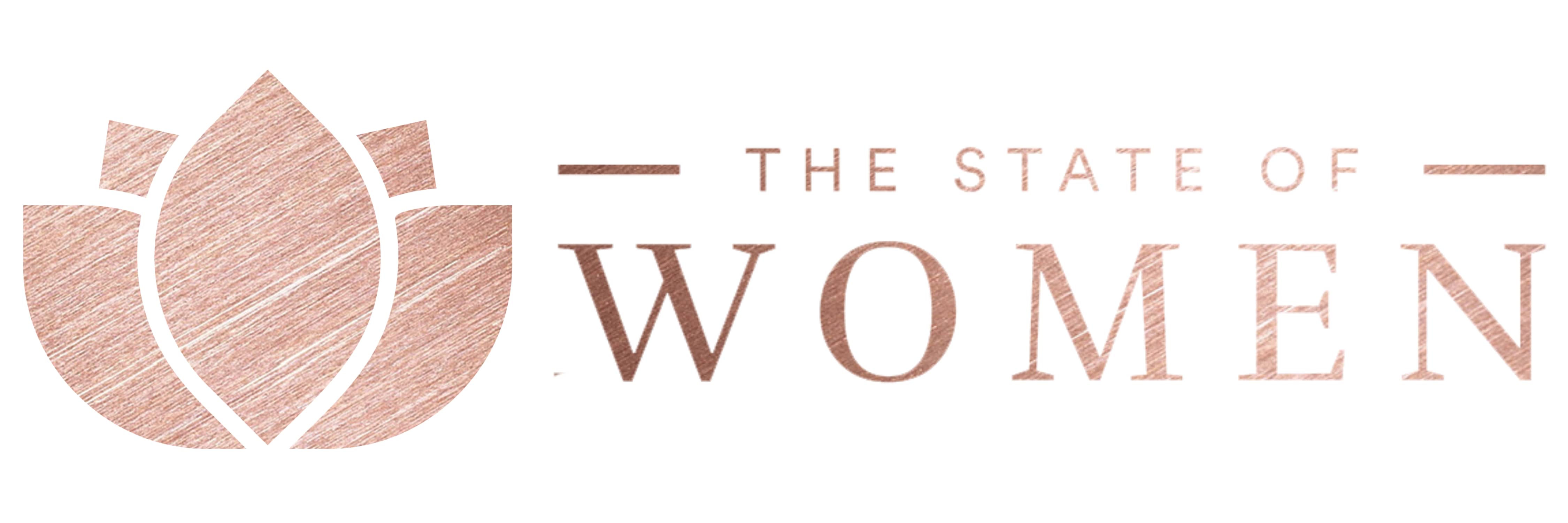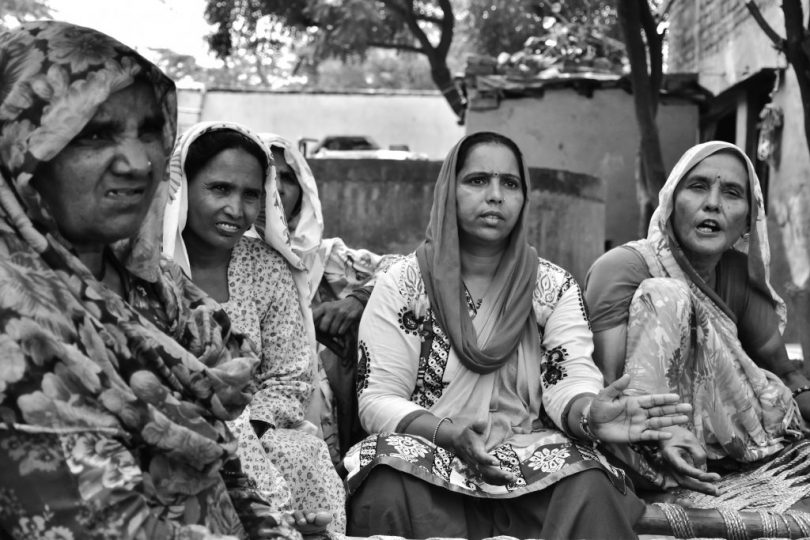This article originally appeared on the Women & Girls Hub of News Deeply, and you can find the original here. For important news about issues that affect women and girls in the developing world, you can sign up to the Women & Girls Hub email list.
By Aliya Bashir
In one of India’s most disadvantaged and isolated districts, Radio Mewat is sharing information and raising awareness to help women stand up for their rights against ingrained patriarchal traditions.
MEWAT, India – It’s 2:30 p.m. and a patch of drizzle has just passed over Kherla village in Haryana district, some 55 miles northwest of India’s capital, New Delhi. As the clouds break, villagers emerge from their huts to enjoy the sunshine. Elderly men prepared their hookahs, sit on a charpai – a traditional mesh bedstead – and start a game of cards. Children run around, sliding up and down a mound of mud and cow dung.
And for the village women, it’s time to gather around the radio.
Hoora Begum, 55, calls out to her neighbors, asking them to join her. She tells her daughter Farheen, 18, to lay a charpai and fetch the radio set from their hut. When the women have assembled, Begum tunes into their favorite radio program, “Apno Swasthya Apne Haath” (Our Health in Our Hands). The show, featuring discussions and advice, is broadcast on Radio Mewat, the district’s first community radio station and, for many of the women in Kherla, the only way to get information from outside the village. “This radio station is very special for us,” says Begum, as the women – some holding babies to their chests, others hiding their faces from the glances of men with hems of their saris – listen avidly. “It talks about our problems and solutions, and in our native language.”
For eight and a half hours a day, seven days a week, Radio Mewat promotes women’s empowerment at the grassroots level in around 300 villages in the region. Founded in September 2010 by publisher and activist Archana Kapoor, and operating under the purview of her Delhi-based NGO Seeking Modern Applications for Real Transformation (SMART), the radio station aims to bring about social change in a region beset with humanitarian issues.
Mewat’s population of around 1.2 million has limited access to basic facilities such as safe drinking water, healthcare, schools, electricity and good roads. The Muslim majority district is a patriarchal society, with many communities considering the education of their children, girls in particular, to be immaterial and against social norms.
When Radio Mewat first aired, there was a lot of resistance from the village’s men. They worried that community radio would promote immorality and turn women against them. But their condemnation backfired. “The more our men overreacted, the more curious we became,” says Begum.
Eventually, the men began to allow their women to listen to the show, which deals with day-to-day issues like health, education and the economic empowerment of women. Before Radio Mewat, “There was no one in the village to tell us what is good or bad for our children,” says Akhteri, a mother of four. “Now we get information on the radio about how to take care for our children’s health and personal hygiene.”
To reach people in villages where electricity runs for only two hours a day, if that, and nobody owns a radio set, Radio Mewat worked with communities to build up listeners’ groups and provided each group with its own battery-operated radio set. The initiative also gave radio sets to various schools.
According to Radio Mewat’s project coordinator Meenakshi Kukreti, when they started the initiative, which has grown exponentially, the village women were reluctant to express their opinions after lifetimes of being told by men that they had nothing worthy to say. “The community radio tries to make them aware of their rights so that they speak up,” she says. “They now have a platform where they can put forward their grievances and in turn be educated on important issues.”
The radio station also acts as a conduit between locals and various government departments, helping to raise awareness of issues like education, health, agriculture, justice and the environment.
“It has helped them get actively involved and ask questions,” says Dinesh Shastri, Mewat’s district education officer. “This engagement is empowering them to fight for their rights, raise their voices and educate themselves.”
Many of the queries that Shastri’s department gets come through Radio Mewat. “This system helps us encourage more students towards studies and in turn gives us an opportunity to propagate various educational schemes,” he says.
Begum’s daughter Farheen credits the radio station with changing her life. After doing well in her school exams, she had to drop out in 2008 because of a village custom that disallows girls from being educated beyond the age of puberty. But through the educational programs she heard on the radio, Farheen defied tradition and continued her schooling at home. She passed her secondary school exam and recently joined Radio Mewat as an intern. The experience, she says, has given her self-confidence she never had before.
“I was even scared of my own self. I would never go out with anyone other than my family,” she says. “Today, I feel privileged. I represent the radio in my village and stand for my village on the radio.”
Farheen plans to continue with her studies and eventually become a TV star. For now, she sees herself as an ambassador for change. “I want to inspire other girls in Mewat and help them to chase their dreams,” she says.
Patting her daughter proudly on the back, Begum says she, too, has been inspired by what she’s heard on the radio. “I don’t want to marry [Farheen] off at an early age, which is a trend here,” Begum says. “I want her to be among this village’s respectable women of tomorrow.”



